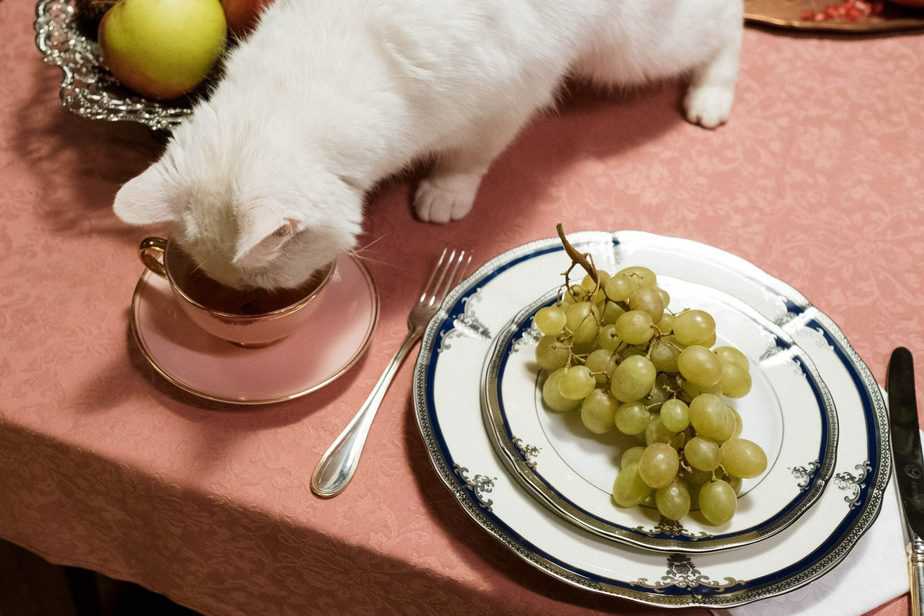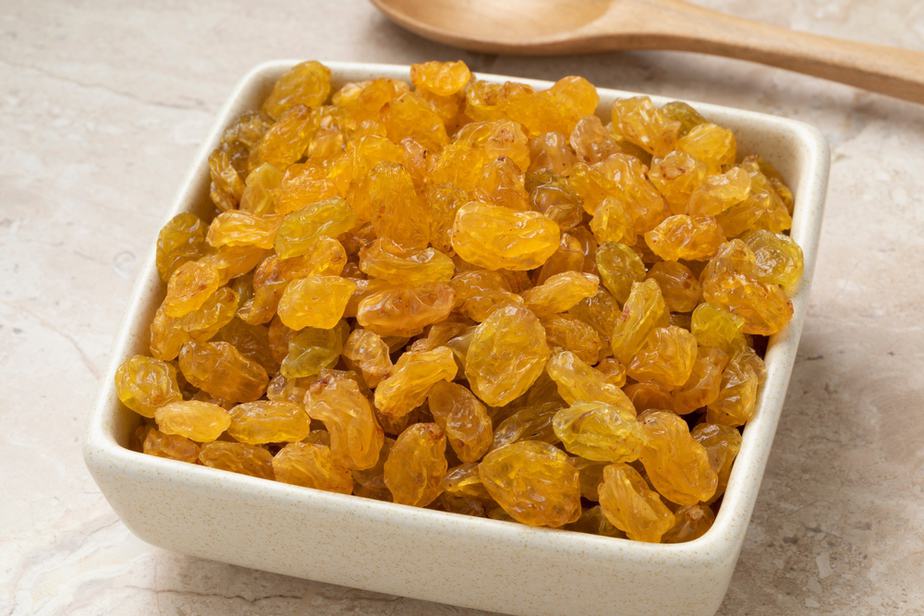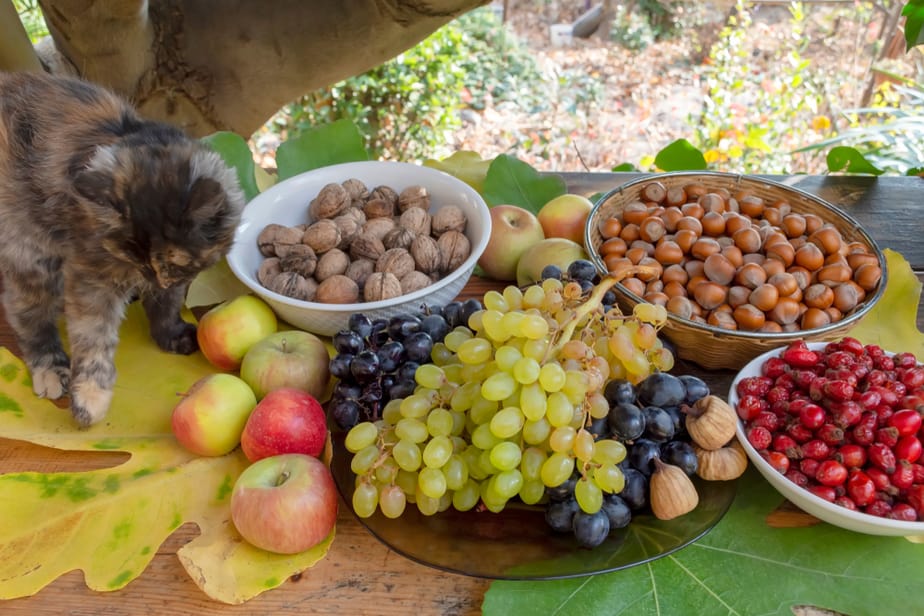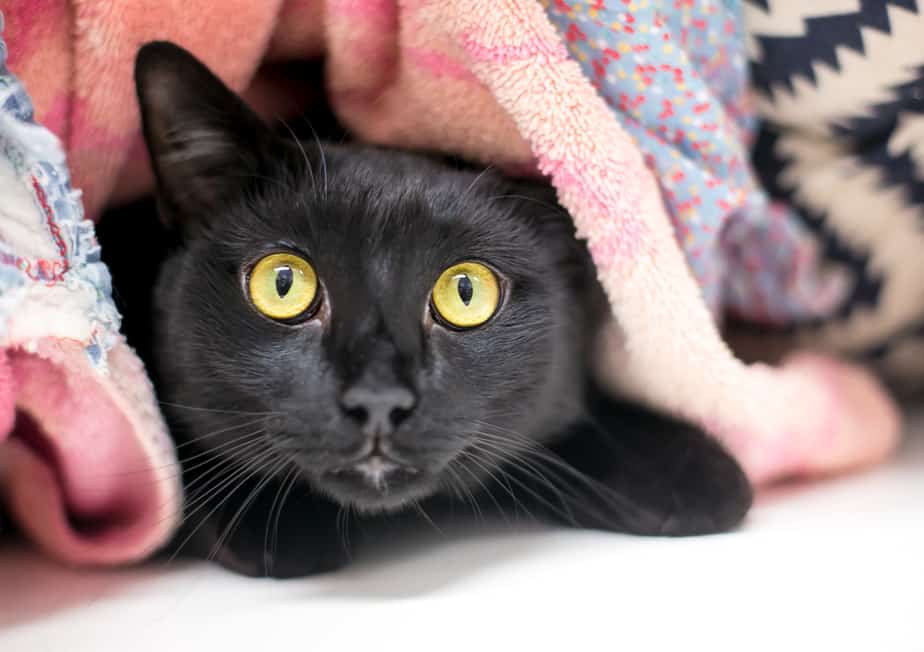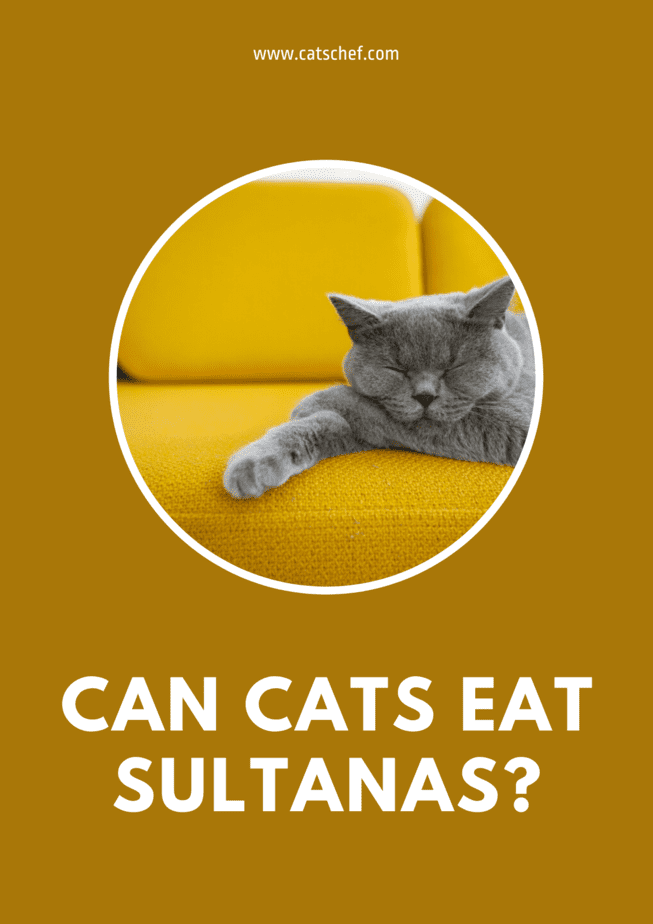📖 Table of Content:
We know cats mustn’t have raisins, but can cats eat sultanas? Are these the same or similar?
Dried fruits are so healthy for humans, but you must be aware of the dangers they pose for felines. While they’re highly nourishing to us, they can harm your pet’s health.
There are few things better than snacking away on some dried fruits. These provide a healthy snack in between meals and can serve as a boost of vitamins and minerals. So many health benefits for people that sadly, cats can’t benefit from.
But what makes raisins and sultanas so dangerous to felines? These teeny tiny fruits look like they couldn’t hurt an ant, let alone feisty feline creatures. Whatever the reason, you should keep your pet away from these harmful dried fruits.
Sometimes, we feel the need to feed our furkids fruits and vegetables thinking it would have the same impact on them as it has on us. However, things aren’t always what they seem.
Cats are obligate carnivores and rely solely on meat intake for sustenance. Protein derived from animals is what keeps them going. Fruits and veggies can be a great addition, but in moderation and should NOT replace their main diet.
What are sultanas?
Sultanas are made out of green seedless grapes, precisely the Thompson Seedless type. Before drying, they’re coated in a layer of an oil-based solution. This speeds up the whole process and results in a color that’s paler than raisins and currants.
Some sultanas are prepared without the solution. These grapes take longer to dry and their hue is dark brown. These types of sultanas are sometimes known as “natural” sultanas.
Also, they are sometimes known as “golden raisins” or “sultana raisins” in the United States. To keep the grapes’ lighter color, they are treated with a preservative called sulfur dioxide.
What also differs sultanas from raisins and currants is their size. They’re much smaller and once you bite into them, you’ll realize they’re not as dry as other types of raisins.
Can cats eat sultanas and what if they do?
Sultanas, just like any other raisins, can cause kidney damage or even death if consumed in large quantities.
Acute kidney failure is defined as the kidney’s unexpected inability to fulfill its usual filtration functions. It causes toxins and other metabolic wastes to build up in the bloodstream, as well as dehydration, electrolyte abnormalities, and changes in the blood’s acid-base balance.
The clinical symptoms of toxicity are usually seen within 2-6 hours of ingestion. However, the symptoms may not be noticeable until 24 hours to a couple of days after your feline has eaten sultanas. The side effects include vomiting, diarrhea, and hypersalivation.
These are usually followed by lethargy/fatigue, weakness, as well as excessive thirst and urination.
Contact your veterinarian right away if your pet has eaten grapes or sultana products. If detected early and treated quickly, it may be reversible.
Your vet may advise induced vomiting; however, don’t do so unless specifically instructed. It’s always safest to take your cat to a professional to establish the damage and get the correct treatment.
At home, make sure you don’t leave any sultanas unsupervised. The curiosity could get the best of your cat.
How are sultanas toxic to cats?
We don’t know how many grapes or raisins it would take to poison a cat, unfortunately. Although some cats who eat grapes may never show signs of kidney damage, the hazards are far too severe. Because the exact amount of grapes or raisins required to make cats sick is unknown, the safest strategy is to avoid giving your cat any sultanas or raisins whatsoever.
Other raisin items, such as grape juice, raisin bread, cookies and protein bars containing raisin paste, and bread produced with raisin juice, should also be avoided.
Good news, maybe?
Cats are infamous for being picky eaters, but this could be advantageous when it comes to harmful substances. Food-related poisoning in cats is very infrequent. It’s more of a dog issue. Cats are less trusting of new foods than dogs, which may explain why there is little research on sultana toxicity in felines.
This is one of the cases where you’re thankful that your cat is so spoiled. It’s uncommon for your pet to be intrigued by these dried fruits. Felines are drawn to strong smells, like those of meat. Also, sultanas, as well as raisins, are high in sugar, which cats cannot perceive.
Cats don’t have the need for carbs found in sultanas. These nutrients are useless and would most likely remain undigested. Generally, plant material is hard for cats to digest because of their carnivorous system. Even if a cat could eat sultanas, they wouldn’t bring any good.
Alternatives to sultanas and raisins
Long story short, sultanas are harmful to cats, as are raisins. So, are there any other fruits you could feed your pet? The good news is, there is a bunch of healthy fruits for felines that are safe and healthy. This includes kiwi, bananas, apples, as well as blueberries.
These are all abundant in vitamins and fiber crucial for your feline’s health. However, you shouldn’t feed your pet fruits all the time as they’re high in sugar and low in protein. Sugar consumption, in the long run, doesn’t do cats any good, leading to obesity, diabetes, and tooth decay.
Protein is a nutrient required daily for the regular development and growth of the muscles and nervous system. So, if you’re trying to put your cat on a vegan diet, you might want to think twice before doing so.
Other foods toxic to cats
As if the world wasn’t cruel enough, sultanas aren’t the only worry of a cat owner. It doesn’t help that felines are inquisitive by nature either. This is where that saying “curiosity killed a cat” becomes horrific and sends shivers down your spine.
Some of the foods that are poisonous to felines include chocolate, raisins, onions, and garlic, as well as citrus fruits and artificial flavors and sweeteners such as xylitol.
All of these contain harmful compounds that, if ingested, quickly lead to toxicity. When it comes to vegetables, you should be careful around them too. Veggies such as eggplants, tomatoes, and potatoes are also harmful to felines.
Final thoughts
This should be clear enough for now, but just in case you missed it – no, cats can’t eat sultanas. They’re extremely toxic to felines and can cause kidney failure. The reasons are yet unknown because there hasn’t been much research done on the topic.
Our furkids are finicky eaters, which comes in handy at times like these when they’re around poisonous foods. Sultanas probably won’t naturally entice your kitto’s senses and therefore, she won’t beg for them.
If your pet eats some of this dried fruit, don’t delay in taking her to the vet and explain to your veterinarian what happened. This way, they will know to provide your cat with the best therapy.
As of now, just make sure you don’t leave any raisins or sultanas around the house. These human superfoods are one of the biggest cat enemies.
